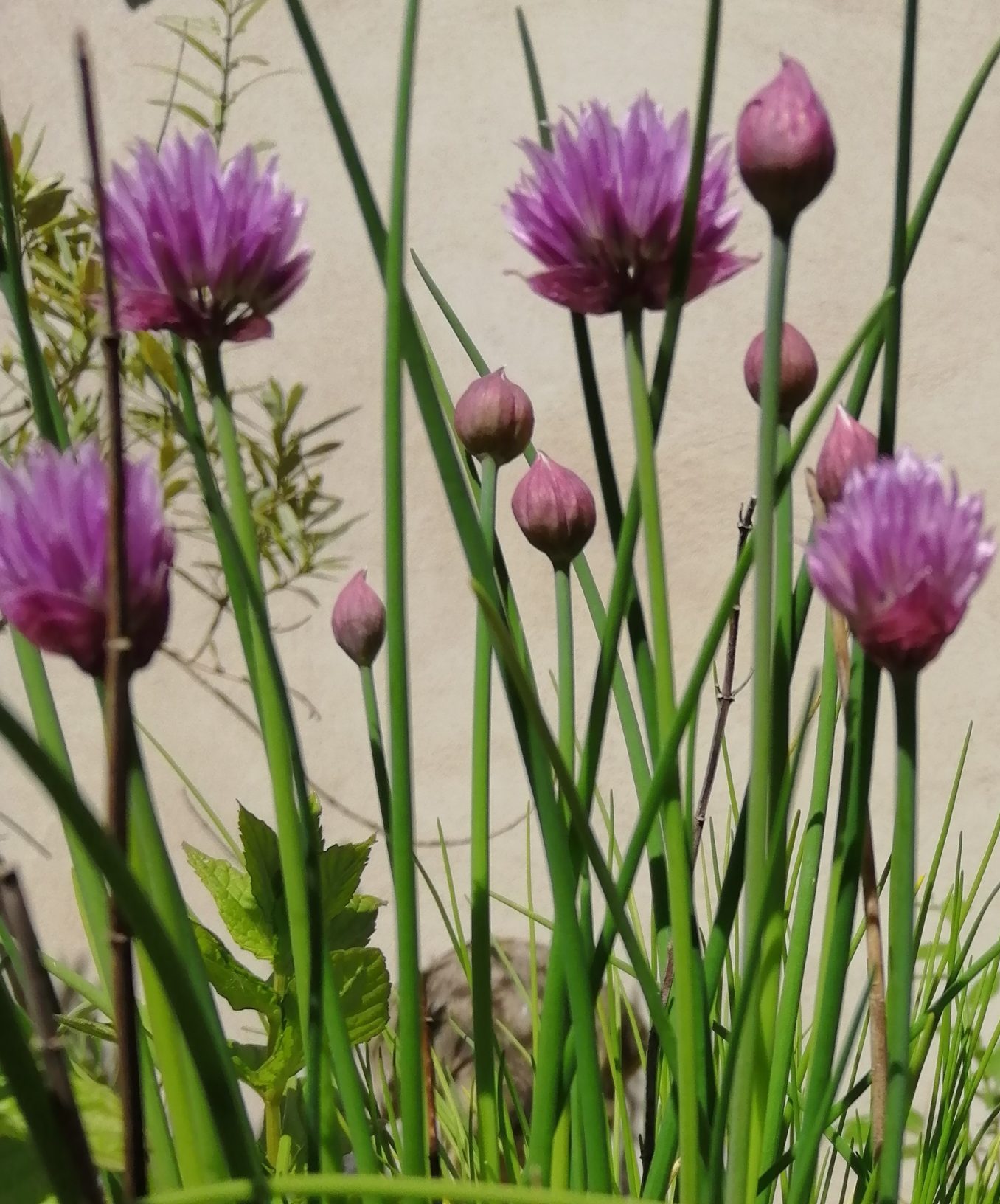How are you responding?
I consider here how our reactions to change reflect our psychological (internal) world and way of relating to others. I will be drawing on observations from attachment theory and practice.
Looking beneath our reactions, in order to understand what influences them, helps balance and develop our internal emotional world (our relationship to ourselves) and our external world and relationships.
It brings understanding, compassion and acceptance; it creates an opportunity to change how we behave.
During this period of COVID-19 and shared experience it is very apparent we all react differently.
Some of us trust completely the words of our leaders, in this case political. Others immediately revolt, challenge, disagree and go against.
Some of us dither, become overly anxious, confused; perhaps not quite trusting, or not hearing what we think we need to hear, or perhaps not trusting ourselves to get it right, whatever we decide to do.
Some of us cut-off, bury our head in the sand and do not engage.
These reactions usually reflect our reactions to our professional, employment, religious or family leaders; we will see a pattern of responding that is familiar in our past and present relationships.
If we track this back, we will see traces of these patterns of behaviour in our primary relationships, with our parents, caregivers, siblings and peers in childhood.
It is not about the event, it is how we respond to it.
The current COVID-19 situation is demonstrating what is true of any life event. Whether it was going into lockdown, or coming out of it, redundancy, relationship breakdown, bereavement or trauma, we see similar patterns in our behaviour.
How we respond now, how we engage with changes, can be better understood if we consider our internal, emotional worlds and the template on which they are based.
Ainsworth’s Strange Situation in the 1970’s studied infants’ responses to the presence, absence and reappearance of their parent and the presence, absence and reappearance of a stranger in the room.
Ainsworth et al observed a connection between the infant’s psychological experience of the parent/child relationship and the child’s external behaviour.
Reactions were put into categories
• secure: usually distressed by separation; on re-union greet parent and receive comfort and continue to play.
• insecure avoidant: few signs of distress on separation; ignore parent on re-union; remain watchful and inhibited in play.
• insecure ambivalent: highly distressed by separation and not easily pacified. Seek contact, but then resist. Alternate between anger and clinging to parent. Inhibited play.
• disorganized/disorientated: diverse range of behaviours including ‘freezing’ when re-united with parent.
How we respond and react to change, or threat of loss, affects our psychological wellbeing.
Reflecting on our emotional and behavioural responses to change and seeking to understand why we behave the way we do gives us the opportunity to do things differently which can have a direct impact on how we engage with others and how we feel in ourselves.
In the therapeutic relationship, one of my aims is to help you develop greater capacity to reflect and respond to the life events that damage, distress or threaten to break you.
I draw on the therapeutic relationship to help you internalise a positive pattern of relating, in the knowledge that the stability, safety and respect you experience, and the work we put in to right any ruptures, will begin the healing of old wounds, provide you with a new experience and the knowledge that you are worth thinking about and worth responding to.
Through this, you can begin to manage what previously felt unmanageable and overwhelming.
Our early experiences provide a template but we are always evolving; we cannot change our past, but we can change how we move into our future.
As you step further into the unknown towards and beyond 4th July, be gentle with yourself. Take a moment to be curious about your reactions and behaviour and if you notice any distress or disturbance, take time to understand what is going on for you and find a way to support yourself. (I’ve tackled the subject of self-care previously … no doubt I’ll be coming back to it again soon!)
Change is a challenge, but if managed well, it is just a normal part of life.
I hope we all find a more secure, safe footing as we move into this next phase.
With a bit of care, thought and support, I’m pretty sure we can.






